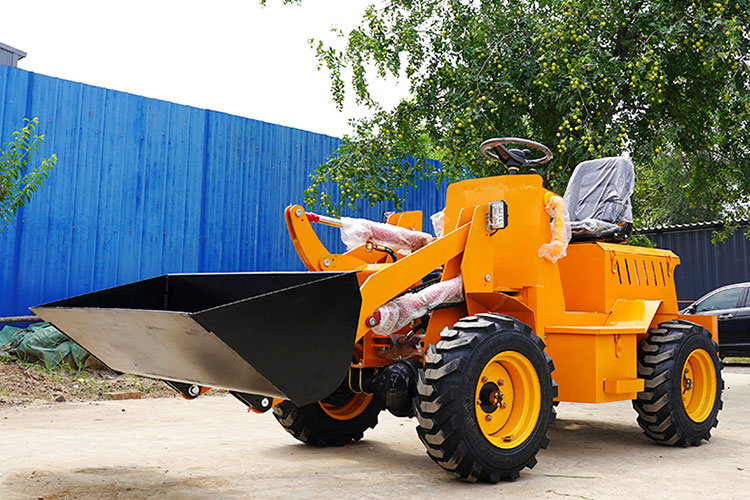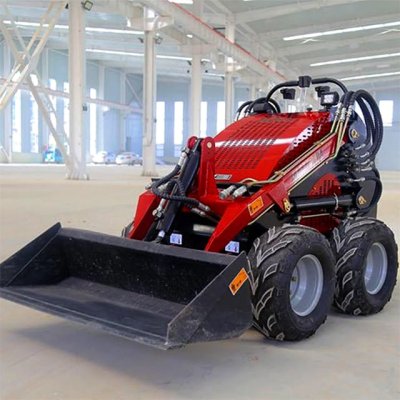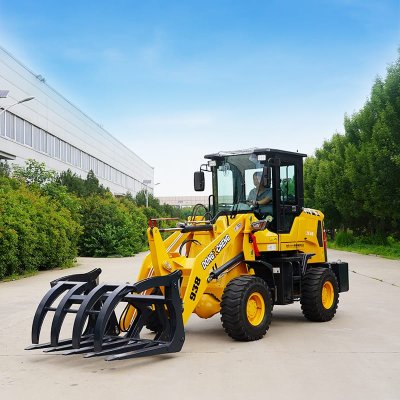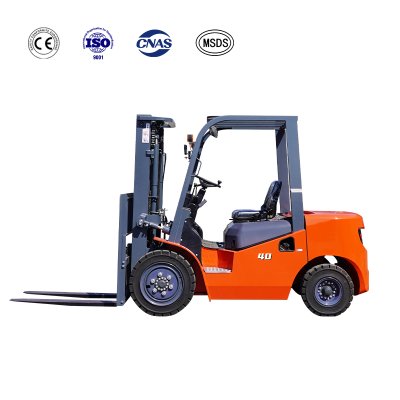How to improve the efficiency of small-scale farm operations with small loaders
Efficiency improvement is key in the operation of small-scale farms. The traditional manual handling and cultivation methods are not only time-consuming and labor-intensive, but also difficult to cope with seasonal farming demands. Small loaders, with their flexibility and versatility, are becoming the "efficiency accelerator" of modern small farms. Whether it's feed handling, manure treatment, or crop transportation, it can significantly reduce labor input and make farm management easier.
Taking feed handling as an example, traditional methods require 2-3 people to spend several hours to complete tasks, while small loaders can efficiently complete them in just 30 minutes. Its bucket can easily load hundreds of kilograms of feed bags and accurately unload them through a hydraulic system, avoiding spillage and waste. In addition, in manure cleaning operations, small loaders can quickly transport organic fertilizers to the fields, improving fertilization efficiency while reducing the risk of manual exposure to pollutants.
Another major advantage of small loaders is their complementarity with agricultural tractors. Tractors are suitable for large-scale cultivation, but lack flexibility in narrow spaces or fine operations. Small loaders can flexibly shuttle in restricted environments such as orchards and greenhouses, completing tasks that tractors are unable to handle. Some farmers even install seeders or spraying devices for it, achieving "one machine for multiple uses" and further reducing equipment investment costs.
With the development of smart agriculture, small loaders in the future may integrate autonomous driving and intelligent scheduling systems to achieve all-weather unmanned operations. At present, some farms have attempted to optimize loading paths through GPS positioning to reduce idle rates. It can be foreseen that small loaders will become an important tool for small farms to move towards modernization.





